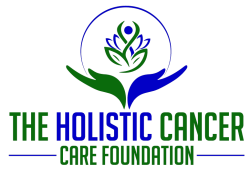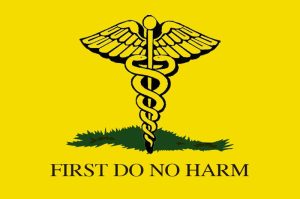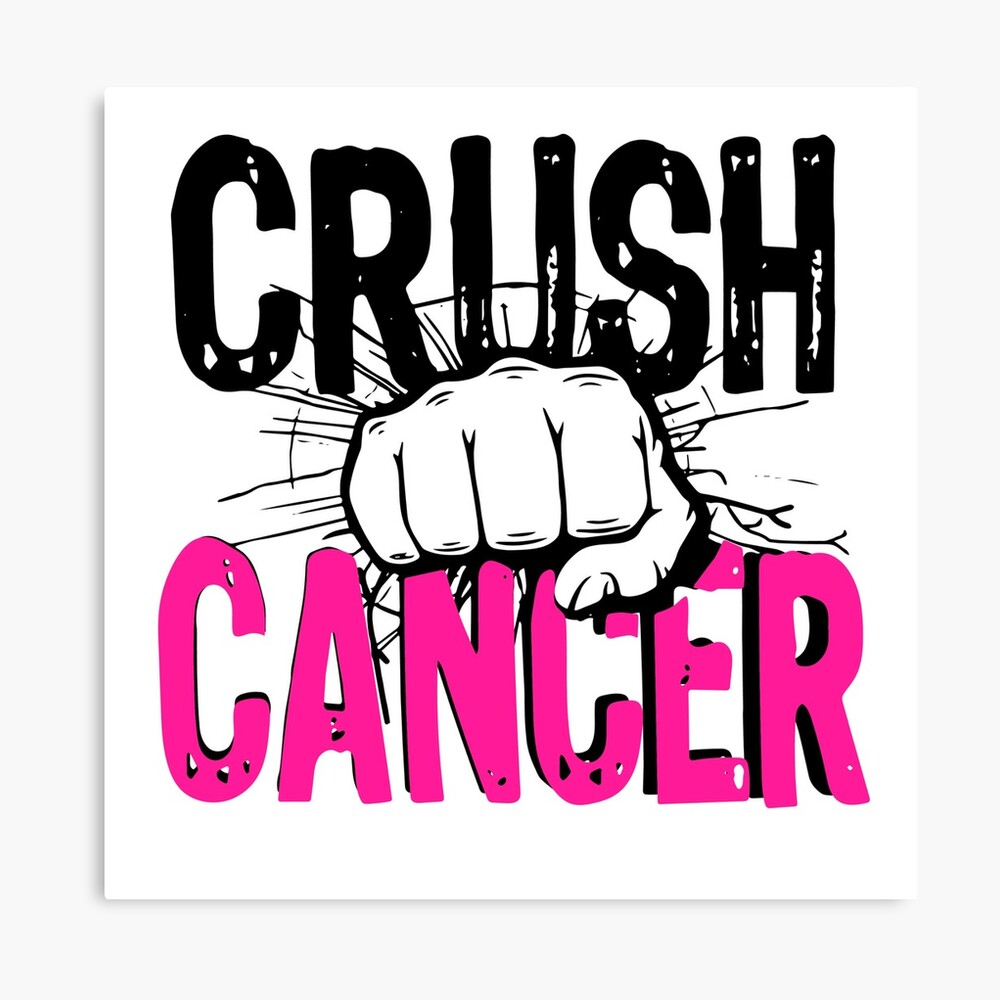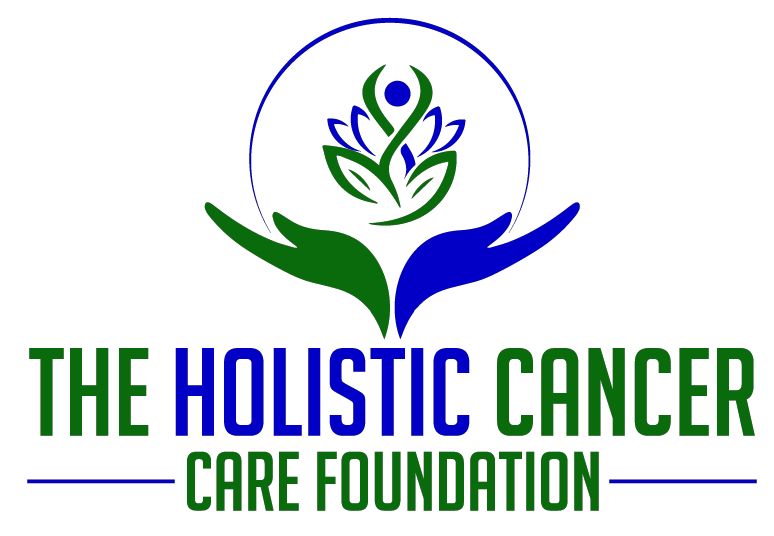The Hippocratic Oath has been adopted as a guide to conduct by the medical profession throughout the ages. In the oath, a physician pledges “to prescribe only beneficial treatments, according to his abilities and judgment; to refrain from causing harm or hurt; and to live an exemplary personal and professional life.”
I need some help reconciling a physician’s commitment to these clear principles of the Hippocratic Oath with the practice of prescribing chemotherapy for cancer patients, under any circumstances. Focusing on just the phrases “only beneficial treatments” and “refrain from causing harm”, it seems to me chemo violates both of these tenets. Let’s take a look.
There was a groundbreaking 14-year study published in the Journal of Clinical Oncology in December 2004 called “The Contribution of Cytotoxic Chemotherapy to 5-year Survival in Adult Malignancies”. The study was a joint effort between Australia and the United States that included over 150,000 participants. The study results: “The overall contribution of curative and adjuvant cytotoxic chemotherapy to 5-year survival in adults was estimated to be 2.3% in Australia and 2.1 % in the USA”. In other words, chemo FAILED in almost 98% of the U.S. cases.
Now let’s take a look at the risks directly related to this treatment that produces only a 2% success rate. Researchers from Public Health England and Cancer Research UK performed a groundbreaking study examining for the first time the numbers of cancer patients who died within 30 days of beginning chemotherapy — indicating the treatment, not the cancer, was the cause of death.
Looking at those death rates in hospitals across the U.K., researchers found an alarming mortality rate associated with chemotherapy. Across “England around 8.4 per cent of patients with lung cancer, and 2.4 per cent of breast cancer patients died within a month,” the Telegraph reported. “But in some hospitals the figure was far higher. In Milton Keynes the death rate for lung cancer treatment was 50.9 per cent, although it was based on a very small number of patients.” So now you have a treatment that is effective in only 2% of the cases, but there is a death rate connected with that same treatment that ranges from 2-50%. The result is an accepted and aggressively promoted “standard of care” in U.S. cancer treatment that has a higher likelihood of killing you than helping you heal.
Finally, the side effects of chemo are notorious for destroying the quality of life. Among them are these really fun possibilities, as listed on the actual package inserts for the chemo drugs: “destruction of immune system, leukopenia, hemorrhage, gonadal suppression, bone marrow depression, phlebosclerosis (hardening of the veins), severe cellulitis, vesication (blistering), tissue necrosis (death), fever, chills, nausea, prolonged vomiting, partial or total hair loss, lethargy, disorientation, ataxis (inability to coordinate muscle movements), dysarthria (impaired speech), anorexia, enteritis, stomatitis, erythema (morbid redness of skin), anemia, liver failure, kidney failure, cancer and death.”
My question, for those of you who care to respond, is “How do oncologists justify their adherence to the Hippocratic Oath when prescribing a toxic, poisonous drug that has a higher likelihood of killing you than curing you, has actually been shown to be carcinogenic and is guaranteed to destroy your quality of life?”



